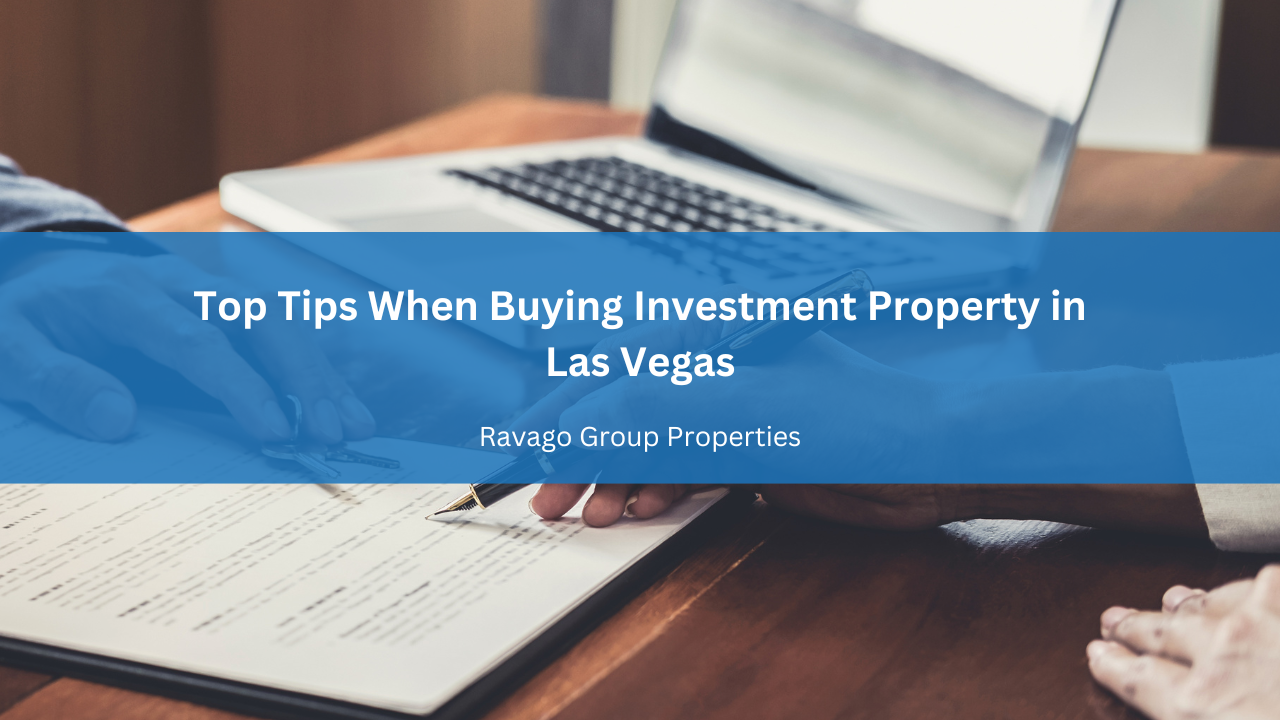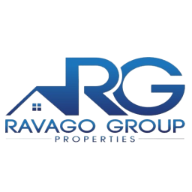Key Takeaways
Las Vegas offers strong rental demand and landlord-friendly laws, making it a popular market for real estate investors.
Choosing the right neighborhood and property type is crucial for maximizing long-term returns.
Budgeting accurately and securing the right financing helps investors stay profitable and prepared for unexpected costs.
Working with a property management company like Ravago Group Properties can streamline operations, especially for out-of-state landlords.
Las Vegas is known for its world-famous entertainment, thriving tourism, and rapidly expanding housing market.
Many investors are drawn to this city because of its strong rental demand, steady population growth, and landlord-friendly regulations.
With a diverse economy and year-round visitor influx, Las Vegas presents unique opportunities for real estate investors looking to build wealth through rental properties.
Buying an investment property in Las Vegas requires careful planning and research.
From choosing the right neighborhood to understanding local regulations, landlords must consider several key factors to maximize returns.
In this guide, Ravago Group Properties shares essential tips to help you make informed decisions as you invest in the Las Vegas real estate market.
What Is the Las Vegas Real Estate Market Like?
The Las Vegas real estate market is dynamic, shaped by factors such as job growth, tourism, and housing demand.
The city has experienced significant development over the years, with new residential communities, commercial hubs, and infrastructure projects enhancing its appeal.
Rental demand remains strong due to a mix of long-term residents, seasonal workers, and people relocating from other states.
Investors should be aware that Las Vegas has unique market cycles. The city has a history of rapid expansion followed by periods of correction.

Understanding these trends can help landlords make better investment choices and avoid potential risks.
Keeping an eye on local economic drivers, including employment rates and population growth, can provide insights into future real estate trends.
Choosing the Right Investment Property in Las Vegas
Understand the Local Market
Before purchasing an investment property, landlords should thoroughly research the Las Vegas rental market.
Identifying the types of properties in high demand, rental price trends, and tenant expectations can help make informed investment decisions.
Some neighborhoods have higher rental yields than others, making it crucial to analyze occupancy rates and local rental laws.
Pick the Right Neighborhoods
Location plays a key role in rental property success. Some Las Vegas areas offer better rental income potential and long-term appreciation.
Investors should consider factors such as proximity to employment hubs, shopping centers, and public transportation.
Areas near the Las Vegas Strip, Downtown, and master-planned communities often attract tenants looking for convenience and amenities.
Factor in Las Vegas-Specific Considerations
Las Vegas has unique factors that impact real estate investments. The city’s economy is heavily influenced by tourism, which affects short-term and long-term rental demand.
Investors should also be aware of homeowners’ association (HOA) rules, as many neighborhoods have specific guidelines for rental properties.
Additionally, understanding seasonal fluctuations in rental demand can help landlords set competitive rental rates.

Choose the Best Property Type
Las Vegas offers various investment property types, including single-family homes, condos, townhouses, and multi-unit buildings. Each type has its own advantages and potential challenges.
Single-family homes typically attract long-term tenants, while condos and townhouses may require investors to adhere to HOA regulations.
Multi-unit properties can generate higher cash flow but may involve more maintenance and tenant management.
Crunch the Numbers
Investors should calculate all potential expenses before purchasing a rental property.
This includes mortgage payments, property taxes, insurance, HOA fees, maintenance costs, and property management fees.
Analyzing the expected rental income versus expenses can help determine whether the investment will be profitable.
Factoring in potential vacancies and unexpected costs is also essential for long-term success.
Secure Smart Financing
Financing options for investment properties can vary. Some landlords choose traditional mortgages, while others explore private loans or portfolio financing.
Understanding different loan options, interest rates, and lender requirements can help investors secure the best terms..
Work with a Property Management Company
Managing a rental property requires time and effort. Hiring a professional property management company like Ravago Group Properties can streamline operations from tenant screening to rent collection and maintenance.
Property managers handle day-to-day responsibilities, ensuring that the property remains in good condition and tenants receive proper support.
This service can be especially beneficial for out-of-state investors who are not able to manage the property themselves.

Plan for Ongoing Maintenance
Regular maintenance is crucial to keeping a rental property in good shape and retaining tenants. Investors should budget for repairs, routine upkeep, and potential renovations.
Common maintenance tasks include HVAC servicing, plumbing repairs, landscaping, and appliance replacements.
Addressing maintenance issues promptly can prevent costly repairs and improve tenant satisfaction.
Know the Local Laws
Understanding landlord-tenant laws in Las Vegas is essential for property owners.
Rental agreements, security deposit regulations, eviction procedures, and fair housing laws must all be followed to avoid legal issues.
Staying informed about local regulations helps landlords protect their investments and maintain compliance with state and city requirements.
Monitor and Adjust Your Strategy
The real estate market is constantly evolving, and successful investors adapt their strategies accordingly.
Landlords should regularly review rental prices, market trends, and occupancy rates to optimize their investments.
Adjusting rent prices, upgrading property features, or expanding a portfolio based on market conditions can help maximize returns.
In a Nutshell: Real Estate Investing Tips in Las Vegas
Investing in Las Vegas rental properties offers great opportunities for landlords, but it requires careful planning.
Choosing the right neighborhood, understanding market trends, and managing finances effectively are key to long-term success.
Property owners must also stay informed about local laws, plan for maintenance, and consider hiring a professional management company to ensure smooth operations.
Ravago Group Properties specializes in helping landlords navigate the Las Vegas real estate market.
From finding the right investment property to managing tenants and maintenance, our team provides expert guidance at every step.
Whether you are a first-time investor or looking to expand your portfolio, we offer tailored solutions to maximize your rental income.
Contact Ravago Group Properties today to learn more about how we can assist you in making the most of your Las Vegas real estate investment.


